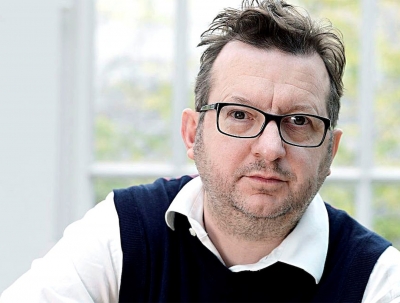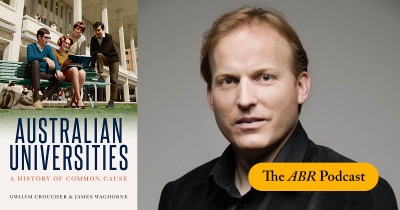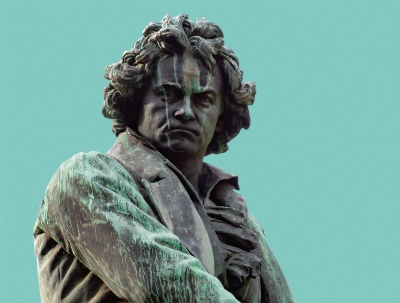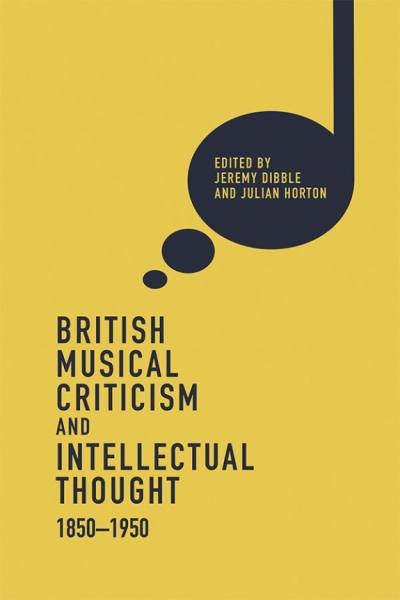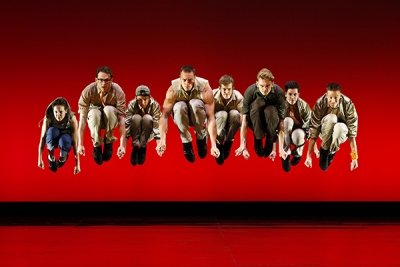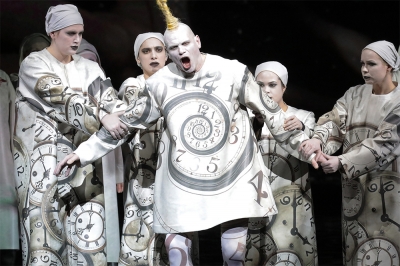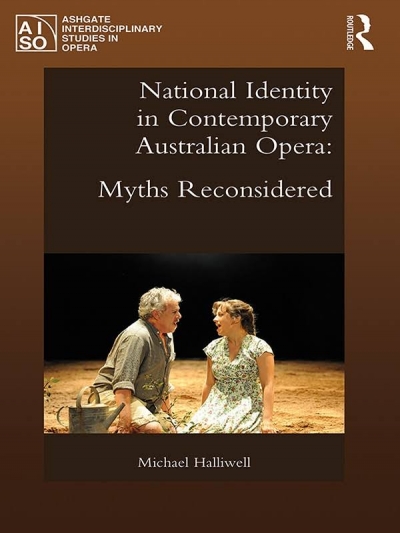Accessibility Tools
- Content scaling 100%
- Font size 100%
- Line height 100%
- Letter spacing 100%
Peter Tregear
The writer and academic Malcolm Bradbury once argued that we can find traces of the chaos, contingency, and plurality that typify the modern urban environment embedded in the structure of the modern novel or in the design and form of modernist painting. But in music? I think it is fair to say that classical composers have struggled to find similes as obvious, potent, or effective for the experience of living in a modern city as artists working in other media, or indeed as musicians working in other genres. It’s not for nothing that we commonly speak of urban rap, but not, say of urban symphonic music.
... (read more)Australian Universities: A history of common cause by Gwilym Croucher and James Waghorne
Australian universities are doing it tough – hit hard by the pandemic, compelled to find new ways of teaching during lockdown, and confronted by a federal government ostensibly unsympathetic to much of their work, especially in the humanities. International education – formerly one of Australia’s most lucrative export industries – is haemorrhaging. In today's episode, Peter Tregear – academic, author, critic – reads his review of Australian Universities: A history of common cause by Gwilym Croucher and James Waghorne, published by UNSW Press.
... (read more)Those of us who work in classical music will be familiar with the accusation that our chosen art form lacks contemporary social relevance. It is one with a long pedigree. ‘Sonata, what do you want of me?’ asked an exasperated Fontenelle in 1751, according to Rousseau. But you will find no widespread or heightened disdain for worldly affairs among classical musicians on the whole. Rather, any apparent reticence they may have describing how their art connects with the world at large stems from the fact that it is notoriously difficult to do. As the well-known quip goes, ‘Writing about music is like dancing about architecture.’ This is not a love that dare not speak its name so much as one that struggles to be put into words at all.
... (read more)The Sound of History: Beethoven, Napoleon and Revolution
Towards the end of last year, in advance of the 250th anniversary of the birth of Ludwig van Beethoven, a US-based musicologist caused a stir by suggesting that we should mark the occasion by following Chuck Berry’s advice and let Beethoven roll over, at least for a year. The declining social capital afforded to such ‘classical’ music across the West has not, it seems, stopped some music academics from continuing to be embarrassed by the prominence we give to this particular dead white guy. If nothing else, however, the ‘excuse’ of an anniversary gives an artistic planner an opportunity to promote canonical composers and works without controversy and indeed, as was the case for this concert at the Adelaide Festival, to explore why such music might still hold significance for us.
... (read more)‘Victorian’ may have become for us a byword for hypocrisy and repression, but it’s not hard to find literature of the day that plays against this grain. The Victorian fairy tale is certainly one place where authors did find ways covertly to explore challenging social themes, albeit under the cover of the prescription ‘for children’.
... (read more)British Music Criticism and Intellectual Thought 1850–1950 edited by Jeremy Dibble and Julian Horton
Some sixty-two years after its Broadway première, Leonard Bernstein and Jerome Robbins’s musical and geographical updating of Shakespeare’s Romeo and Juliet continues to pack a powerful dramatic punch. While not without its weaknesses, such as the reliance on now-dated street slang and ethnic stereotypes ...
... (read more)The corpulent form of Henry VIII understandably dominates our own historical imagining of the turbulent first half of the sixteenth century. From the perspective of continental Europe, however, other figures loom just as large. Indeed, even the English Reformation has the actions of another monarch at its epicentre ...
... (read more)
